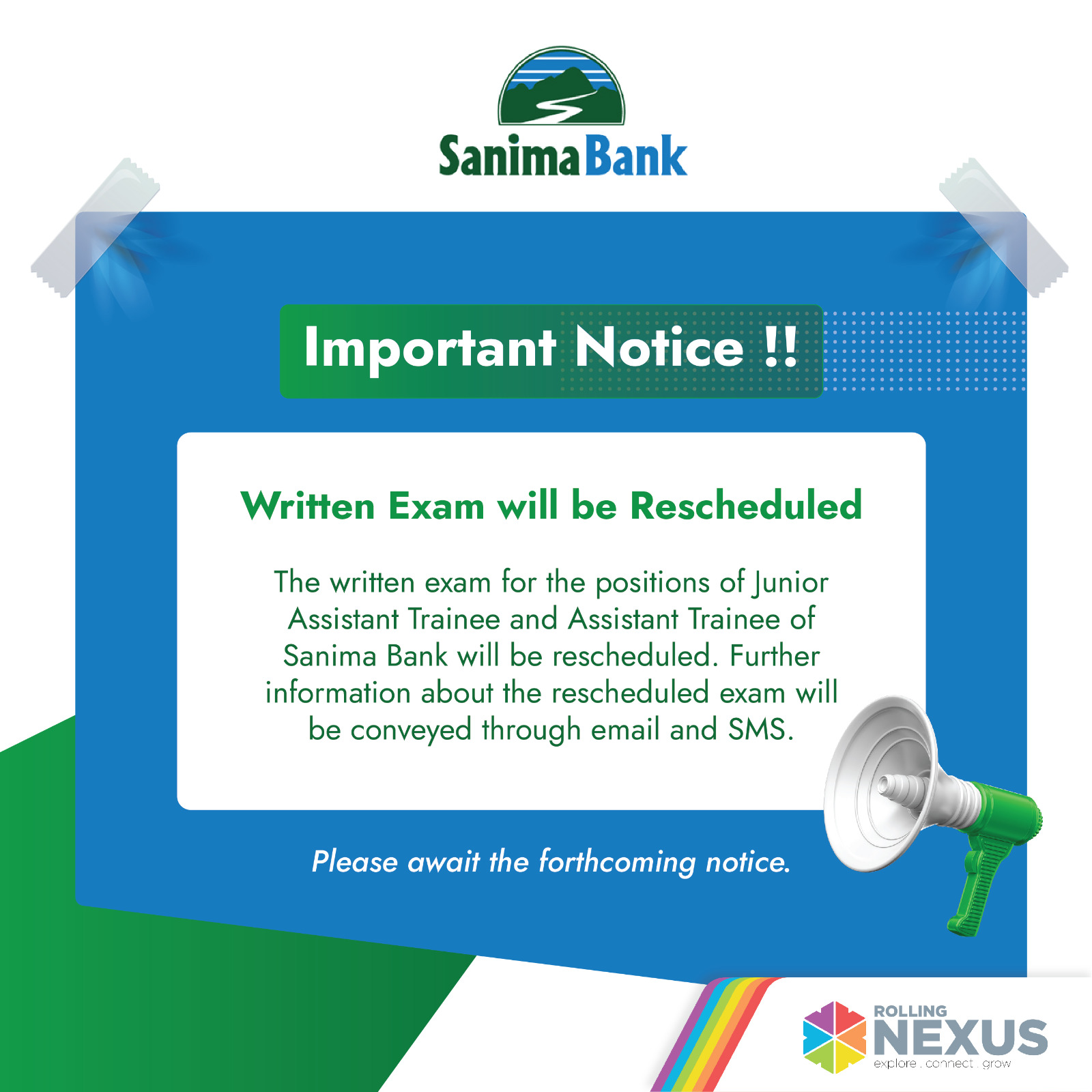The Role of a Project Manager: Skills and Responsibilities
“Aye, Aye, Captain.” This is the response of every ship member to the captain of the ship. The captain of the ship leads guides, and manages the ship and the team until the destination is reached and the voyage becomes successful. Again the next journey begins and the captain does the same and other crew members follow the captain and work on a team. Assuming the destination is a goal of a project and the captain is a project manager, he/she leads the team for the attainment of that project/journey. Just like the captain of a ship, the roles and responsibilities of a project manager kick off with the development of strategies, delegation of work to the team members, monitoring and evaluation of progress and development, collaboration with different clients, and many more.
What is a Project?
A project is a well-defined plan executed with a stalwart team led by a project manager, the head of the project. In layman's terms, the role of a project manager is to administer and complete the project. That project has certain goals and ambitions. For example, the construction of water sprouts in a certain village. The main goal of this project is after its completion, the villagers will get water easily without going far to rivers to fetch water. The projects are funded either by government or international organizations for the benefit of the people or private enterprises for the profit-motive business.
For these projects, the project head or the project manager is appointed and executes the plan from the beginning to its completion. Project management is also taught as a different subject in universities and academic institutions due to the growing demand for jobs for project managers and associates. Plenty of jobs can be evolved as a huge number of projects are implemented annually either through government, NGOs, INGOs, or private organizations. And the jobs for project management will be growing too.
The Role of a Project Manager: Skills and Responsibilities
Talking about qualifications, the project manager must have a good educational background with excellent client-facing communication and multi-tasking skills. The academic qualification and experience of a project manager may vary per the sector that the project is dedicated to. But a Bachelor’s degree is a must for project managers and having a Master’ degree is a plus point. For instance, he/she must have a sound academic qualification in computer science or engineering if he/she is applying for the position of technical project manager.
If there is a vacancy for a project manager for the health sector, he/she must have the qualification of public health as an academic subject. Apart from academics, whatever the sector of project management may be, he/she should possess the skills that all project managers must have:
-
Leadership qualities
-
Multi-tasking skills
-
Coordination abilities
-
Motivational skills
-
Communication skills
-
Negotiation skills
-
Team building
-
Client handling techniques
-
Maintaining chaos-free environment
-
Realistic planning methods
-
And many more
A professional with a diverse skill set can take a grip on the role of project manager if he/she has project management certifications too. Such certifications include:
-
Project Management Professional
-
Agile Certified Practitioner
-
Certified Associate in Project Management
-
Certified Scrum Master
-
PMP/PRINCE II certification
The role of a project manager represents what a project manager needs to do for the completion of the project along with coordinating with team members and customers and the responsibilities of a project manager are dependent upon the roles of a project manager. The roles and responsibilities of a project manager can be explained with the following points enumerated below:
-
Planning the work strategies from execution to final delivery
-
Leading the team to attain common goals and objectives
-
Delegation of work to the team and providing feedback
-
Meeting deadlines with effective time management techniques
-
Monitoring and evaluation of the tasks and analyzing challenges
-
Organizing regular meetings with the team and clients
-
Maintaining documents and reports of every task of the project
-
Strategizing with the backup plan in case of failure of plan A
Explanation:
1. Planning the work strategies from execution to final delivery
A project manager has to lead the team from its initial commencements to its accomplishment of the established goals of a project. Planning and strategizing enough with fewer resources and less time for more outcomes, quality, and stakeholders’ satisfaction comes as one of the major responsibilities of a project manager. For the project to be implemented smoothly, a project manager can divide the project into several sub-tasks and track the progress in documents in smaller chunks. He/she should set a schedule for such tasks and deliverables.
2. Leading the team to attain common goals and objectives
A leader is one who works together with a team to work for the established shared vision and common goals. The goal of a project may be providing technical skills to the rural villagers then the whole team from the project head to subordinates needs to work together for the attainment of a common goal. The credits of the project for just a project manager is unacceptable as there is equal contribution of all the team members.
A project manager must ensure that the team is going on the right track making them motivated and proactive. All the team members should be clarified about their responsibilities and commitment. Agile practices should be implemented so that the team can take up any hurdles that come within. They should also be ready to coordinate with the clients and make changes per client's requirements. Also, the project manager should direct the team in such a way that they can accept the changing roles whenever they are delegated. Working on a project means developing a new skill set and obtaining new knowledge too. Click on the blog here to learn more about why challenges are required for professional growth and success.
3. Delegation of work to the team and providing feedback
A project manager should define the ultimate goals earlier to team before its execution and simplify the complex processes of project completion keeping quality, time, and cost factors in mind too. There should be clear communication between individual team members on their task details clearly. Effective communication and collaboration are a must for a project manager between team members to keep them close-knit. Also, there are many project management tools that support real-time collaboration, delegation of tasks, and many more like ProofHub. Project Managers can get assistance from such tools for the smooth operation of the project.
The team members work on a project and devote their time but their performances should also be reviewed timely. Providing feedback to the team members and collecting recommendations from team members are required for a team to be a unified team with the same goal and shared vision.
4. Meeting deadlines with effective time management techniques
A project has to be completed within a specific tenure and the tenure may get elongated too if the works are delayed or further updates are added. Delaying the project means an imbalance in the coordination of team members even though it has been delayed by other roadblocks. Hence, the deadlines should be set not only for the project but for every task and sub-tasks given to the project subordinates and this applies to the project manager him/herself too. He/she should be always ready to identify bottlenecks and forecast the upcoming challenges. Along with the project manager, the team members should be aware of effective time management techniques.
5. Monitoring and evaluation of the tasks and analyzing challenges
6. Organizing regular meetings with the team and clients
Regarding the clients, their updates should be more focused. Any alterations or new updates have to be followed up by the project team. Frequent communication may strengthen professional bonding too.
7. Maintaining documents and reports of every task of the project
8. Strategizing with the backup plan in case of failure of plan A
Besides the above-mentioned skills, roles, and responsibilities of a project manager, he/she must act as a bridge between the team and clients. He/she should be accountable for the big responsibility assigned to him/her avoiding the blame game and making the team always ready to tackle any roadblocks. Also, work-life balance is important for the project manager and the team.
Project management is like sailing a ship toward the destination which compiles challenges, roadblocks, changes, motivation, dedication, and all. So are you ready to get enrolled in Project Management? If you have the dedication to work as a freelancer in projects, do get in touch with Rolling Freelance too.
Good Luck!


